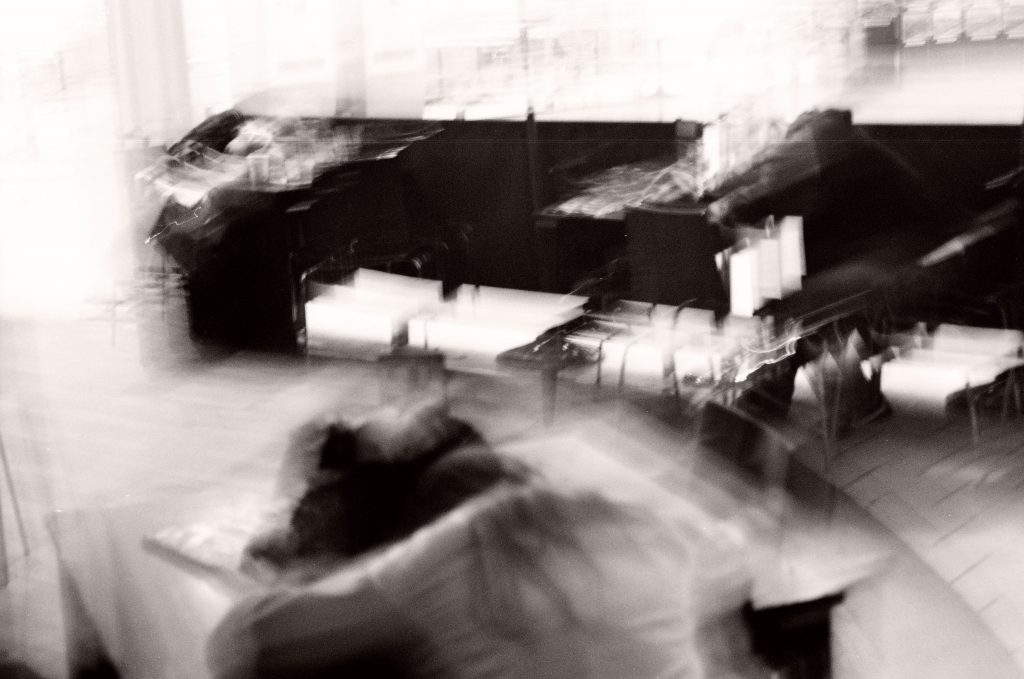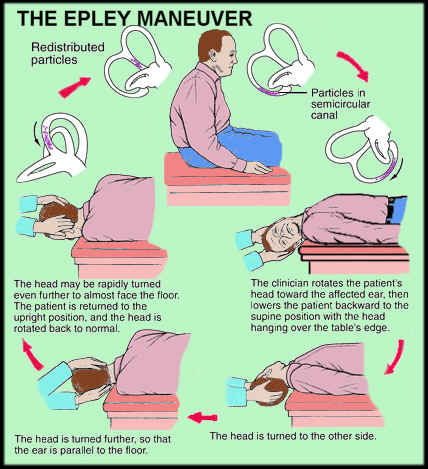What is Vertigo? Can Physiotherapy help?
Feeling dizzy? Wondering if you have vertigo? Can Physiotherapy help?
What IS vertigo, anyways?
If rolling in bed makes the room spin, or you’re having trouble looking up or down, left or right…
It might be vertigo – and the good news is physiotherapy can help!

Here’s an example:
Mr. Brown came to see us last week with a four week history of feeling dizzy whenever he looked to the left. He didn’t feel confident driving or shoulder checking, and he also felt the room spin whenever he rolled to his left side to get out of bed. We assessed him and determined he had a specific type of vertigo. We walked him through a specific treatment maneuver and were able to relieve his symptoms in the clinic! He left feeling much better and more confident.
What is Vertigo?
Vertigo is the sense that you or the objects around you are moving, when they are not! It can be incredibly disorienting.
Feeling lightheaded or dizzy is different from vertigo.
Most often, vertigo is coming from your inner ear and is called Benign Paroxysmal Positional Vertigo (BPPV). It is due to a mismatch in signals from your inner ear about where you are in space.
Your inner ear contains your vestibular system, which has two types of sensory organs:
- Three canals, called semi-circular canals, that are filled with fluid, and sense changes in your head position such as nodding, tilting or shaking side to side.
- Two other organs called otoliths that contain calcium crystals. Their job is to sense speeding up and slowing down, as well as gravity.
These organs work together to send signals to your brain about where your head is in space. If everything is working well, we don’t feel dizzy!
Sometimes, the calcium crystals can become loose and travel into the canals. This causes a mismatch in the signals sent to the brain, and the result is we feel spinny and dizzy!
So What Can Physiotherapy do to Help my Vertigo?
- We always start with asking you a number of questions about what you are experiencing. This helps us to narrow down what to look at first.
- We will perform a number of weird clinical tests. We will be asking you whether or not you feel dizzy or spinning during these tests.
- IF we determine that you do have vertigo, there are a number of exercises we can do with you to improve your symptoms.
- It is best NOT to try these at home UNTIL you have seen a physiotherapist for your dizziness, it can be tricky to figure out exactly what is going on, and you may just make yourself more dizzy!

What if I DON’T have vertigo but I still feel dizzy?
Dizziness is one of the main reasons people go to see their doctors or to the emergency room. It is extremely disruptive to day to day life! And it can sometimes make people feel quite ill.
Physiotherapy can help with symptoms of dizziness, even if vertigo has been ruled out. There are many exercises we can use to train the vestibular system and reduce your dizziness.
There are LOTS of causes for dizziness, and some should be ruled out with your doctor, such as medication side effects, blood pressure and vision changes.
Physiotherapists are trained to screen for all these things, and will advise you if you need to also speak with your doctor.
Feeling dizzy? Think you Might have Vertigo?
Book a free consult appointment with one of our dizziness specialists!
We can help you determine if physiotherapy can help with the symptoms you are experiencing.
We are available for in-person or virtual appointments, and look forward to helping you return to living your full life getting back to what you love.
The most common causes of vertigo are inner ear infections or diseases of the ear such as benign paroxysmal positional vertigo (BPPV), vestibular neuritis, and Meniere’s disease. BPPV can occur when calcium builds up in canals of the inner ear, causing brief dizziness that lasts from 20 seconds to one minute.
Dizziness.
Feeling like you’re moving or spinning.
Problems focusing the eyes.
Hearing loss in one ear.
Balance problems.
Ringing in the ears.
Sweating.
Nausea or vomiting.
Vertigo feels like you or everything around you is spinning – enough to affect your balance. It’s more than just feeling dizzy. A vertigo attack can last from a few seconds to hours. If you have severe vertigo, it can last for many days or months.


